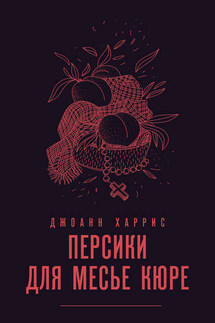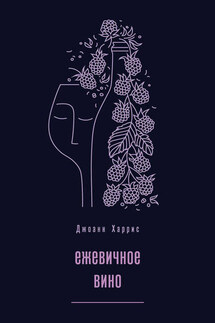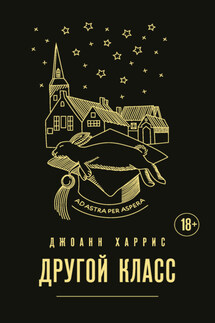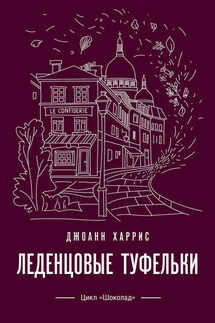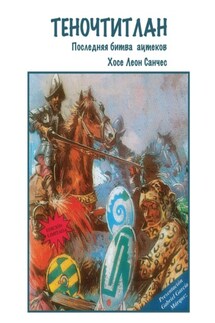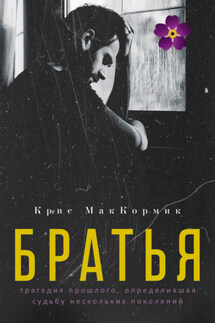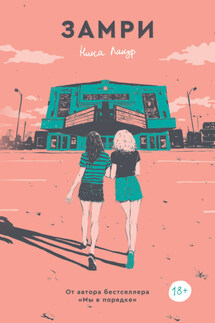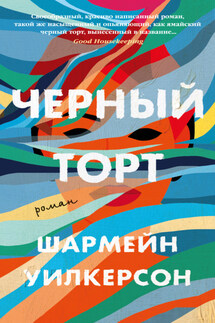Five Quarters of the Orange / Пять четвертинок апельсина - страница 13
6
Yannick says he saw Old Mother today.
He came running back from the river half wild with excitement and babbling. He’d forgotten his fish on the verge in his haste, amp; I snapped at him for wasting time. He looked at me with that sad helplessness in his eyes, amp; I thought he was going to say something, but he didn’t. I suppose he feels ashamed. I feel hard inside, frozen. I want to say something, but I’m not sure what it is. Bad luck to see Old Mother, everyone says, but we’ve had enough of that already. Perhaps that’s why I am what I am.
I took my time over Mother’s album. Part of it was fear. Of what I might find out, perhaps. Of what I might be forced to remember. Part of it was that the narrative was confused, the order of events deliberately and expertly shuffled, like a clever card trick. I barely remembered the day of which she had spoken, though I dreamed of it later. The handwriting, though neat, was obsessively small, giving me terrible headaches if I studied it for too long. In this too I am like her. I remember her headaches quite clearly, so often preceded by what Cassis used to refer to as her “turns.” They had worsened when I was born, he told me. He was the only one of us old enough to remember her before.
Below a recipe for mulled cider, she writes:
I can remember what it was like. To be in the light. To be whole. It was like that for a time, before C. was born. I try to remember how it was to be so young. If only we’d stayed away, I tell myself. Never come back to Les Laveuses. Y. tries to help. But there’s no love in it any more. He’s afraid of me now, afraid of what I might do. To him. To the children. There’s no sweetness in suffering, whatever people might think It eats away everything in the end Y. stays for the sake of the children. I should be grateful. He could leave, amp; no one would think the worse of him for it. After all, he was born here.
Never one to give in to her complaints, she bore the pain for as long as she could before retiring to her darkened room while we padded silently, like wary cats, outside. Every six months or so she would suffer a really serious attack, which would leave her prostrate for days. Once, when I was very young, she collapsed on the way back from the well, crumpling forward over her bucket, a wash of liquid staining the dry path in front of her, her straw hat slipping sideways to show her open mouth, her staring eyes. I was in the kitchen garden gathering herbs, alone. My first thought was that she was dead. Her silence, the black hole of her mouth against the taut yellow skin of her face, her eyes like ball bearings. I put down my basket very slowly and walked toward her.
The path seemed oddly warped beneath my feet, as if I was wearing someone else’s glasses, and I stumbled a little. My mother was lying on her side. One leg was splayed out, the dark skirt hiked up a little to show boot and stocking. Her mouth gaped hungrily. I felt very calm.
She’s dead, I told myself. The rush of feeling that came in the wake of the thought was so intense that for a moment I was unable to identify it. A bright comet’s tail of sensation, prickling at my armpits and flipping my stomach like a pancake. Terror, grief, confusion… I looked for them inside myself and found no trace of them. Instead, a burst of poison fireworks that filled my head with light. I looked flatly at my mother’s corpse and felt relief, hope and an ugly, primitive joy.
